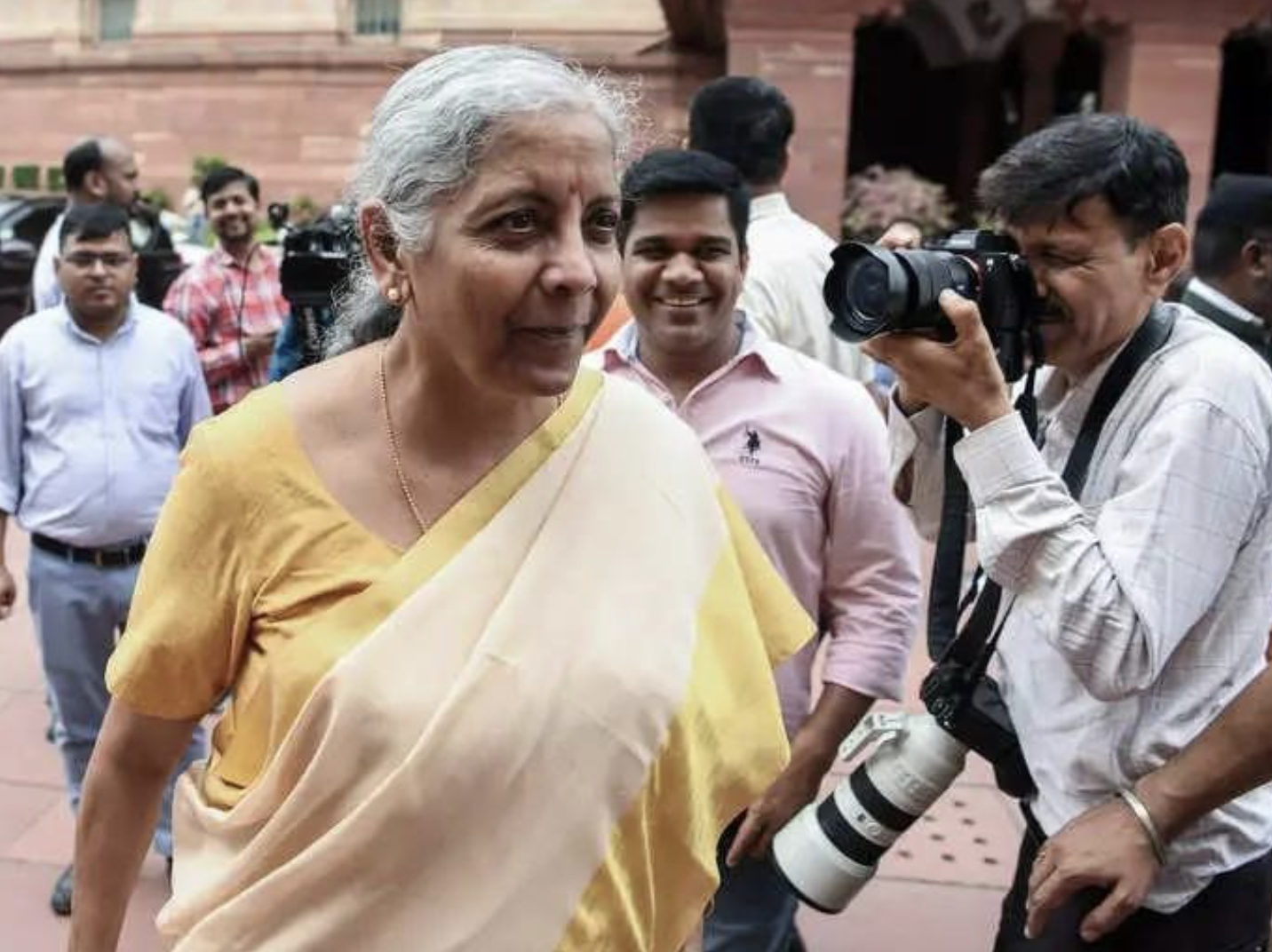A bill aimed at allowing bank account holders to nominate up to four individuals was introduced in the Lok Sabha on Friday to ensure better protection for depositors and enhance customer convenience. The Banking Laws (Amendment) Bill, 2024, introduced by Minister of State for Finance Pankaj Chaudhary, includes provisions for simultaneous and successive nominations for bank accounts, lockers, and other banking services.
आज नई दिल्ली में मा. केंद्रीय वित्त मंत्री श्रीमती @nsitharaman जी की अध्यक्षता में केंद्रीय बजट के उपरांत आयोजित बैठक में सम्मिलित हुआ। इस महत्वपूर्ण बैठक में @RBI के गवर्नर श्री @DasShaktikanta जी और केंद्रीय निदेशक मंडल के सभी वरिष्ठ सदस्य उपस्थित रहे।
बैठक में बजट के प्रमुख… pic.twitter.com/7Zhmn3YnhC
— Pankaj Chaudhary (@mppchaudhary) August 10, 2024
The bill seeks to permit a bank account holder to nominate up to four persons. Additionally, it proposes the transfer of unclaimed dividends, shares, and interest or redemption of bonds to the Investor Education and Protection Fund (IEPF), enabling individuals to claim transfers or refunds from the fund, thereby safeguarding investors’ interests.
According to the Statement of Objects and Reasons of the Bill, amendments to five Acts are necessary to improve bank governance and investor protection, reflecting the evolution of the banking sector over the years. The Bill, approved by the Union Cabinet last week, aims to amend the Reserve Bank of India Act, 1934, the Banking Regulation Act, 1949, the State Bank of India Act, 1955, the Banking Companies (Acquisition and Transfer of Undertakings) Act, 1970, and the Banking Companies (Acquisition and Transfer of Undertakings) Act, 1980.
The proposed amendments are designed to enhance governance standards, ensure consistent reporting by banks to the Reserve Bank of India, provide better protection for depositors and investors, improve audit quality in public sector banks, increase customer convenience regarding nominations, and extend the tenure of directors in cooperative banks.
Another significant change includes redefining ‘substantial interest’ for directorships, increasing the threshold to Rs 2 crore from the current limit of Rs 5 lakh, which was established nearly six decades ago.
Congress member Manish Tewari opposed the bill, arguing that the power to legislate regarding cooperatives lies with state governments. RSP member N K Premachandran criticized the inclusion of amendments to five legislations in one bill, while TMC member Saugata Roy called the bill “superfluous,” suggesting that the proposed amendments could have been made through administrative decisions.
In response, Finance Minister Nirmala Sitharaman defended the bill, stating that the amendments to the Banking Regulation Act concerning cooperative banks are numerous and necessary. “We are not touching any aspect of the cooperatives other than that which operates under the name of banking. The sections brought in for amendments, supported by court verdicts, reinforce the relationship between the Banking Regulation Act and cooperative banks, necessitating this legislative route,” she explained.
Sitharaman emphasized that there is no intention to undermine cooperatives, particularly those not dealing with banks. The bill proposes to extend the tenure of directors (excluding the chairman and whole-time director) in cooperative banks from 8 years to 10 years, aligning with the Constitution (Ninety-Seventh Amendment) Act, 2011. It also allows a director of a Central Cooperative Bank to serve on the board of a State Cooperative Bank and provides banks with greater freedom in deciding remuneration for statutory auditors.
The bill seeks to redefine reporting dates for banks for regulatory compliance to the 15th and last day of every month, instead of the second and fourth Fridays. Sitharaman explained that the current reporting system has several limitations affecting data accuracy and effectiveness. “The limitations include incomplete coverage of monthly data, seasonal fluctuations in banking activity leading to inconsistent reporting, and complications arising every 11th year due to the current system. To address these issues, the legislation requires amendments,” she said.
The Finance Minister announced the proposed amendments to the Banking Regulation Act during the 2023-24 Budget speech, stating, “To improve bank governance and enhance investors’ protection, certain amendments to the Banking Regulation Act, the Banking Companies Act, and the Reserve Bank of India Act are proposed.”





